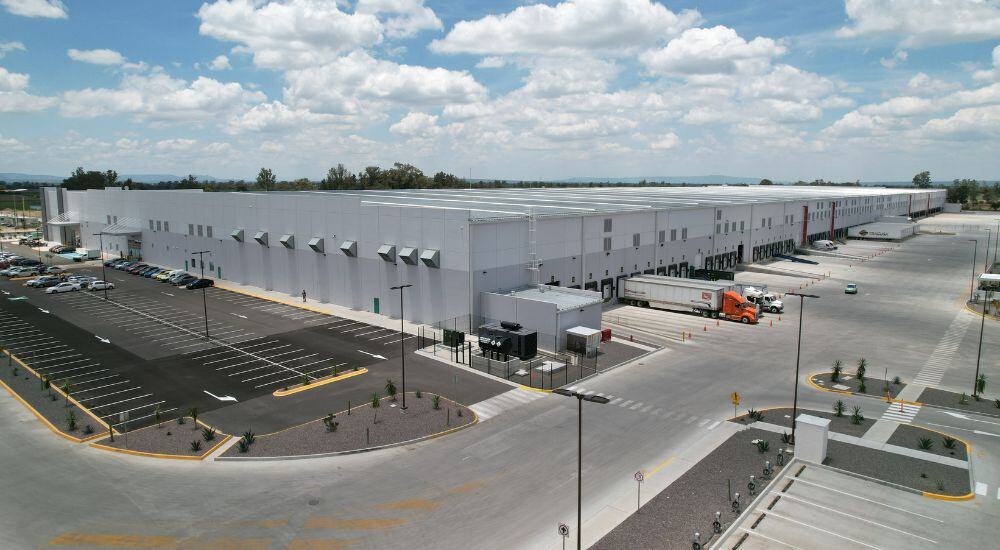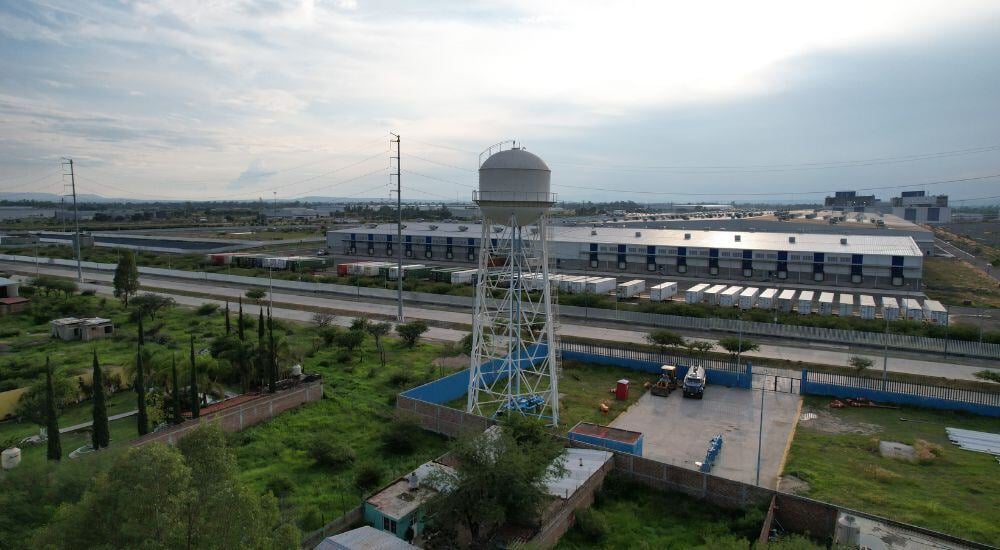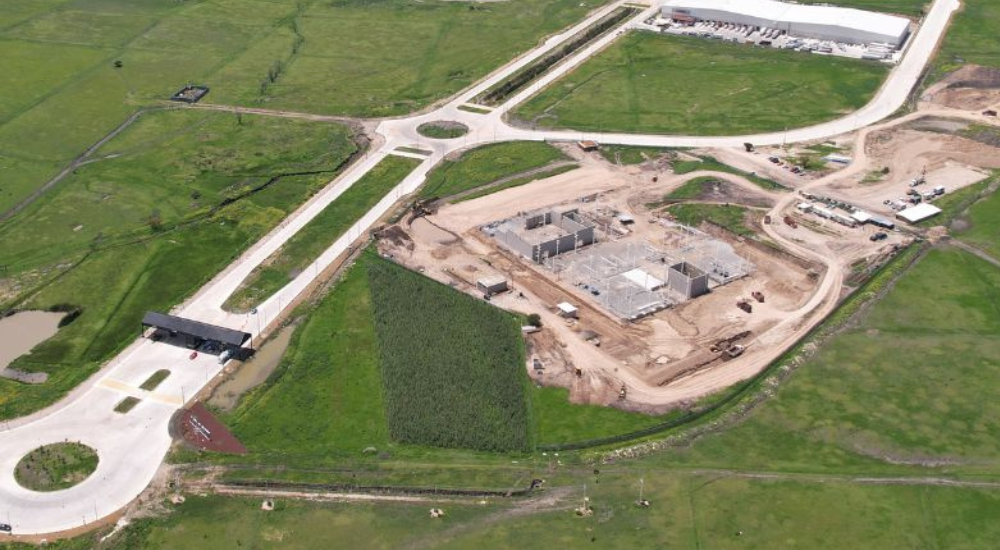ESG parameters required in industrial buildings for lease in Mexico
25/06/2024Regarding the Mexican industrial buildings for lease market, maintaining the nearshoring trend that favors foreign investment and boosts the infrastructure development activities requires progress in sustainability aspects and compliance with ESG criteria.
The relocation of companies is gradually gaining importance as a key driver for the country’s economy. Analysts say the record foreign investment figure in the first three months of this year, with more than US $ 20,300 million received, proves this.
ESG compliance is gaining importance in the finance field. McKinsey & Company has been reporting uninterrupted growth in sustainability investments since 2018. Inflows rose from US $5,000 million in 2018 to more than US $50,000 million in 2020 and obtained US $87,000 million of additional investments in the first half of 2022.
The company has also conducted long-term analyses for global companies on this topic, finding that companies that pursue growth and profitability while improving ESG compliance deliver superior returns to stakeholders, with an average difference of 2 percentage points.
Industrial buildings for lease in Mexico need improvements for energy supply and ESG compliance
Although there is a global trend, there needs to be a current legal framework for the subject in the country. Nevertheless, the National Association of Private Industrial Parks (AMPIP) has some guidelines for infrastructure developers to improve the quality of the warehouses and buildings they offer.
The association has various lines of action:
- Acquire dependable data on the sustainability of the industrial real estate sector.
- Encourage sustainable development initiatives and strategies.
- Accredit industrial parks based on national and international sustainability standards.
- Spread sustainability best practices for industrial activities with stakeholders.
AMPIP practices align with the Environmental Quality Certification criteria granted by the Federal Attorney for Environmental Protection (PROFEPA), which aims to protect the environment and ensure sustainable water and waste management.
Objectives for ESG regulations in industrial activities
To promote sustainable and ethical practices related to the industrial real estate sector, focusing on environmental, social, and governance aspects.
Lines of action for ESG regulations in Mexican industrial parks
- Obtain reliable information on sustainability in the industrial real estate sector.
- Promote actions and strategies in favor of sustainable development among members.
- Certify industrial parks according to national and international standards in sustainability and ESG.
- Share best practices for industrial parks regarding sustainability with national and international stakeholders.
ESG standards and frameworks
ESG standards and frameworks guide companies in integrating environmental, social, and governance factors into their operations. They provide a structure for businesses to manage and report their performance and ensure accountability and transparency.
ESG standards
These are specific guidelines used to measure and disclose a company’s ESG performance. Often, these guidelines include criteria for assessing a company's impact on the environment, its relationships with employees and communities, and its governance practices.
Companies demonstrate their commitment to responsible business practices by adhering to the standards.
ESG frameworks
The ESG frameworks are comprehensive systems that provide an overarching approach to managing and reporting issues.
Usually, the frameworks include principles, metrics, and tools to guide companies in incorporating ESG considerations into their planning and decision-making processes.
These frameworks help businesses to understand, manage, and communicate risks and opportunities.
Main current ESG frameworks developed globally
| Region | Current status | Existing regulations |
| Canada | ESG reporting is not mandatory for all companies, but it is in demand by investors and stakeholders. Mandatory for federally regulated financial institutions (banks, insurance companies) | Corporate Diversity Reporting, S-211 Supply Chain Reporting, Canadian Securities (CSA) Corporate ESG Reporting and Disclosure, CSA ESG Investment Fund Disclosure, Supplier ESG Disclosure for Large Federal Contractors, Canada’s Climate Investment Taxonomy |
| United States | Varies by industry, size, and jurisdiction | Sustainability Accounting Standards Board (SASB) Standards, Securities and Exchange Commission (SEC) Disclosure Regulations, Nasdaq Board Diversity Requirements, Global Reporting Initiative (GRI) Standards (voluntary) |
| European Union | Leading in ESG regulations | Sustainable Finance Disclosure Regulations, EU Taxonomy, Corporate Sustainability Reporting Directive (CSRD), Supply Chain Due Diligence Directive (CSDDD), EU Green Bond Standard |
| United Kingdom | Applies to some UK-registered companies and financial institutions | UK Sustainability Disclosure Standards (SDS), IFRS Sustainability Disclosure Standards, The Companies Regulations 2022, The Limited Liability Partnerships Regulations 2022 |
| Asia | Lacks consistent ESG regulations or frameworks across the region. ASEAN taxonomy for sustainable finance, released in late 2021, is still under discussion | ASEAN Taxonomy for Sustainable Finance (under discussion) |
As a real estate developer, Frontier Industrial offers industrial land for sale and buildings for lease in the country's main regions for companies looking to establish operations in Mexico. Our properties are equipped with energy and water supply and comply with AMPIP’s current ESG criteria for infrastructure. Feel free to contact us so we can help you develop your projects.






